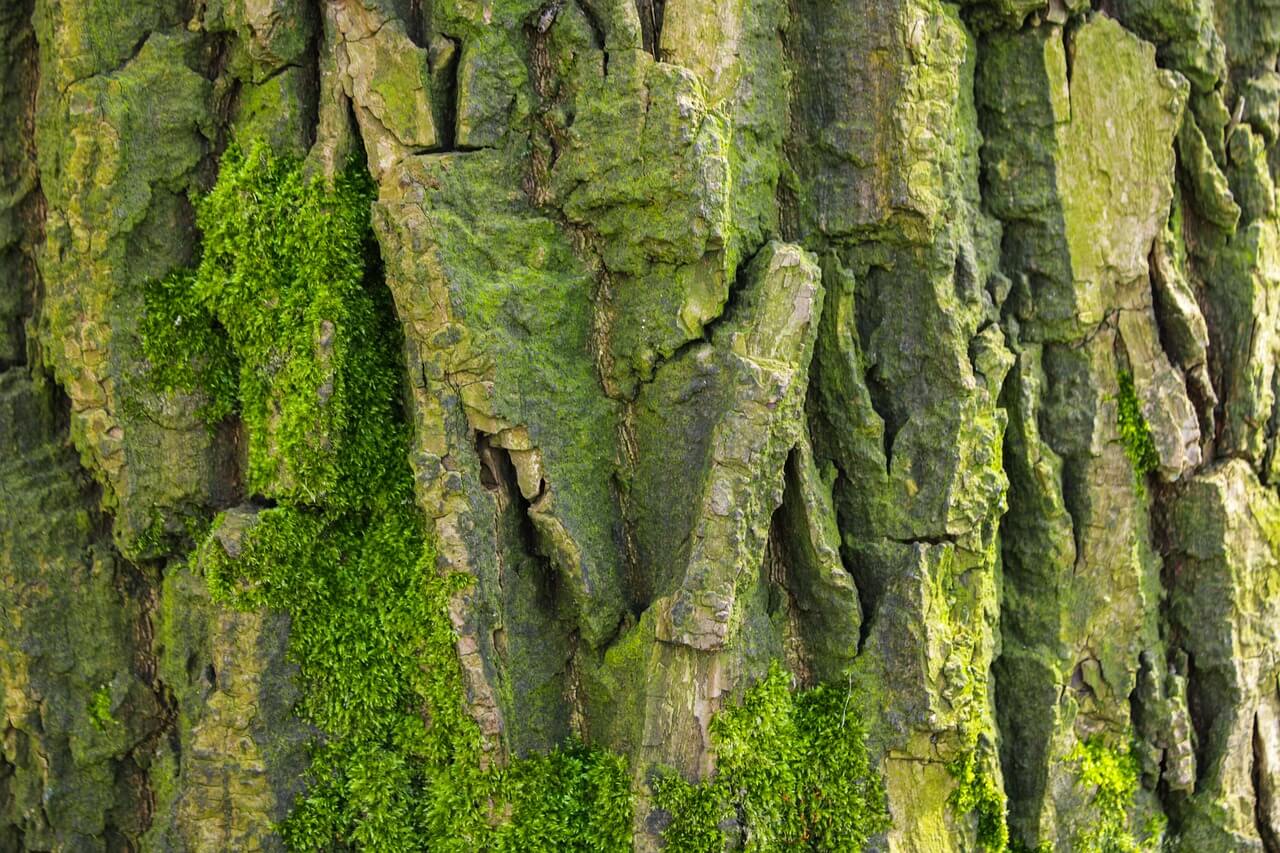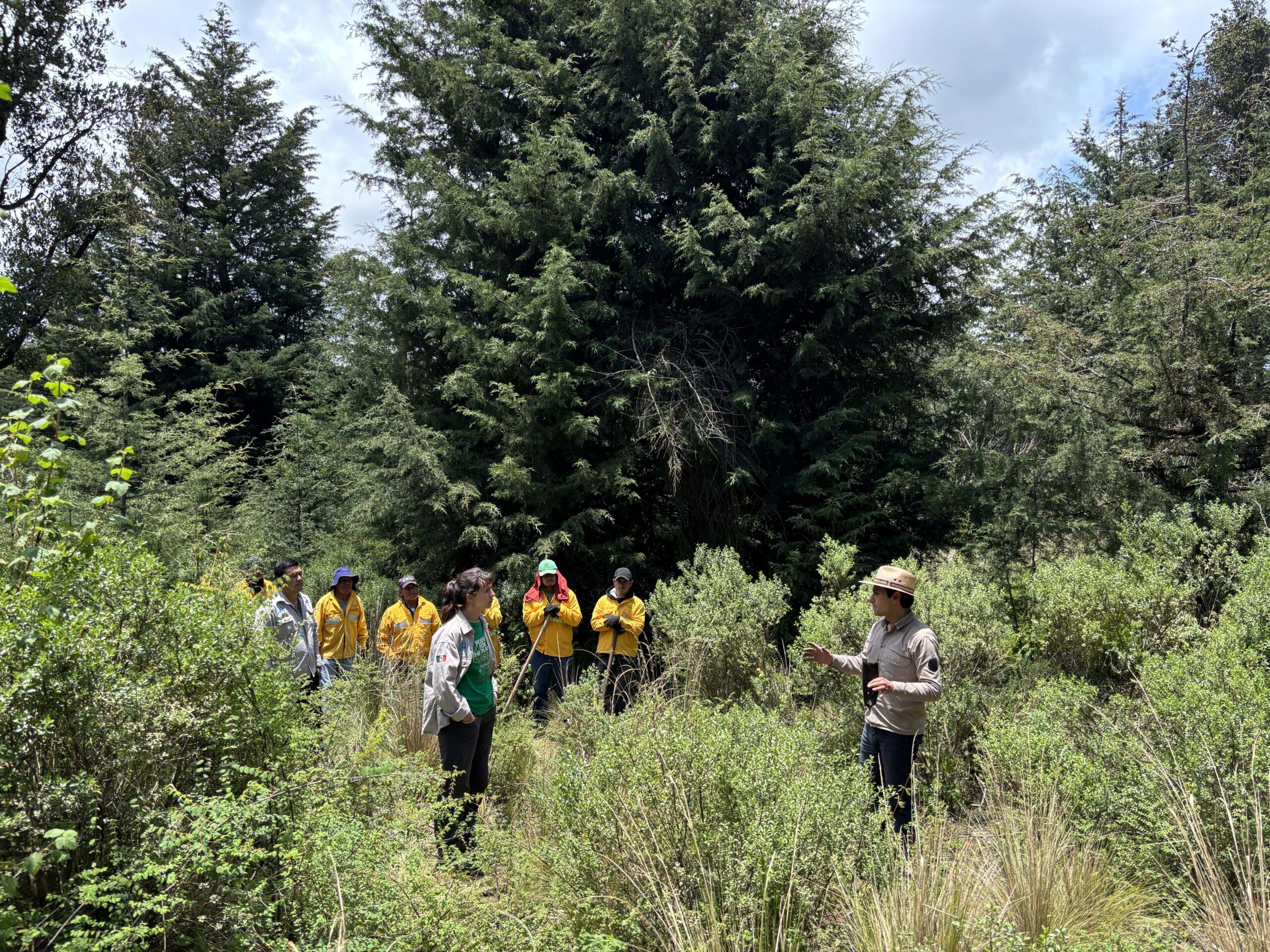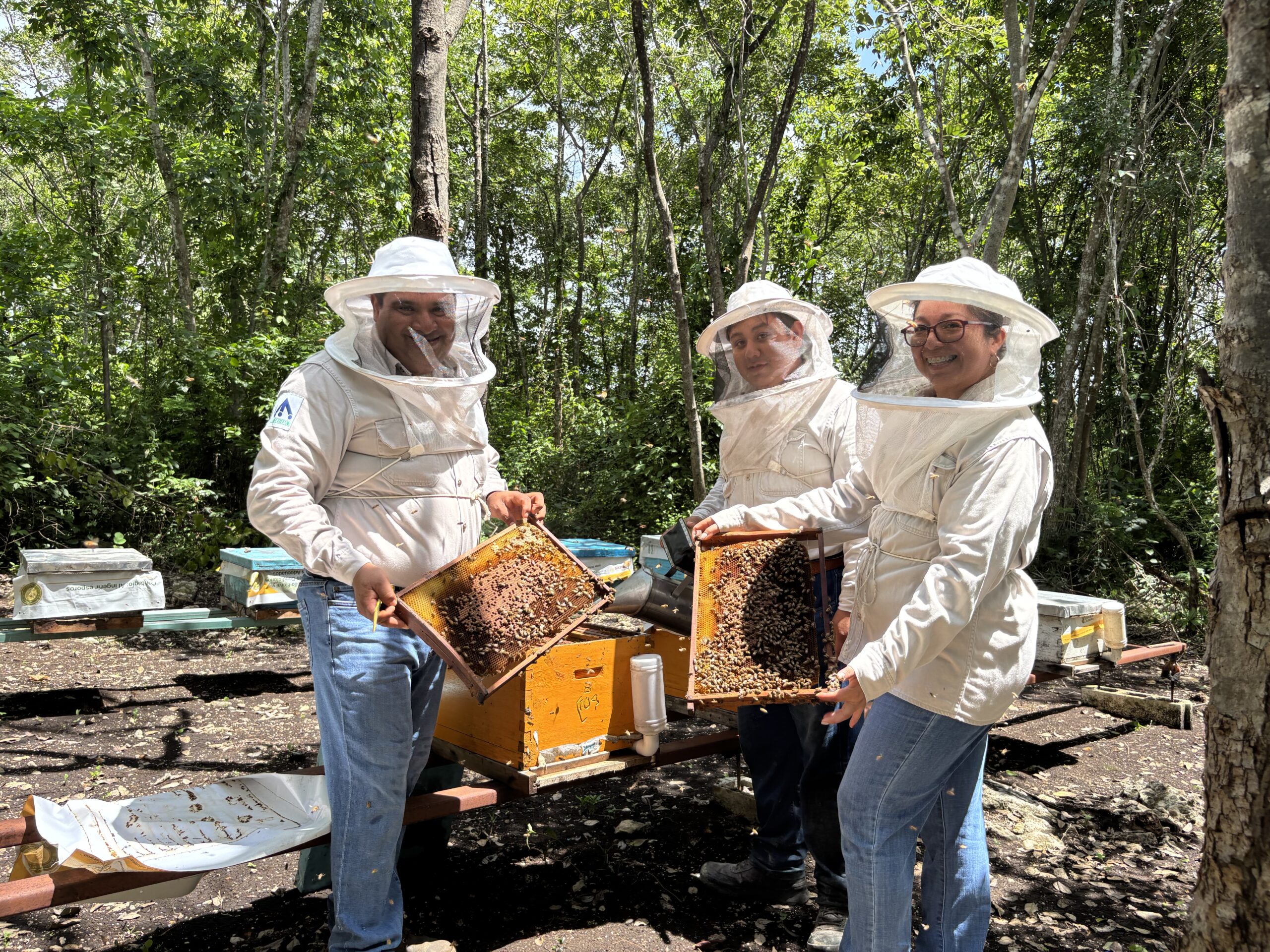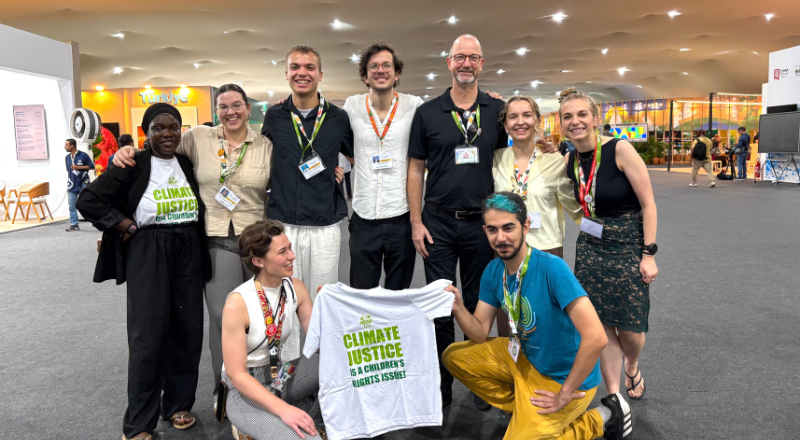
Trees are well-known for absorbing CO₂. However, an international research team led by Vincent Gauci from the University of Birmingham has discovered that microbes living in the wood and on the bark of trees can also bind large amounts of methane. This spectacular discovery was published in the journal Nature. Numerous media outlets, including The Guardian and The Telegraph, have reported on the study.
While the CO₂ absorption through the leaves of trees is well-researched, there had been no extensive studies on the methane absorption by trees until now. Previously, it was assumed that the soil was the only land-based methane sink.
According to the calculations of the study’s authors, trees are about ten percent more effective at mitigating global warming than previously thought. Overall, the researchers estimate that trees absorb between 25 and 50 million tons of methane from the atmosphere each year. This is significant because methane is responsible for about one-third of global warming since pre-industrial times, following carbon dioxide.
In the lower parts of the trunk, trees emit more methane than they absorb. Methane is produced in the soil when organic material is decomposed without oxygen, which affects the lower part of the trunk. However, at a trunk height of 0.5 to 1.5 meters, they bind more methane than they emit. The analysis showed that microorganisms in the wood and on the bark break down the greenhouse gas. Tropical trees, in particular, show the highest rates of methane absorption, likely because the microbes thrive best in warm and humid conditions.
To determine the global relevance of this process, the researchers used special laser measurements and extrapolation to calculate how much bark there is worldwide. The result: if you laid out the bark of all trees worldwide flat, it would cover the entire land area of the planet. Tree bark, therefore, offers a vast surface area for binding climate gases.
Since this is one of the first studies on this topic, further research and replication by other scientists are needed to confirm the results.
Gauci’s research team aims to learn more about the microbes themselves and the mechanisms of methane absorption next. They also plan to investigate whether the breakdown of methane in the atmosphere by trees can be further enhanced.
Plant-for-the-Planet is also conducting field trials with university partners to improve global forest restoration. For example, they are studying the most effective planting density for restoring tropical dry forests and how soil quality affects this. In another experiment, they are investigating whether increasing nitrogen input by adjusting the species mix can accelerate the restoration of tropical dry forests.
How Does the Study Impact Global Climate Action?
“The Global Methane Pledge, launched in 2021 at the COP26 climate change summit aims to cut methane emissions by 30 per cent by the end of the decade. Our results suggest that planting more trees, and reducing deforestation surely must be important parts of any approach towards this goal,” said Vincent Gauci, according to a statement from his university.
Plant-for-the-Planet has long been calling for a global deforestation stop by 2030. The urgency of this demand, which was decided at the UN Climate Summit 2021 in Glasgow, is more evident than ever through the study’s results.
Currently, methane emissions are rising faster than ever since records began in the 1980s. Methane is produced when organic material is decomposed without oxygen. Most human-caused methane comes from agriculture, with about 30 percent of the world’s emissions coming from livestock. Further methane release occurs in landfills, sewage treatment plants, or during the extraction of fossil fuels like natural gas.
The study once again proves that forests, as complex ecosystems, are evolutionarily perfectly adapted. The microbes feed on methane and use it as an energy source, living in symbiosis with the tree. But instead of protecting and expanding this system, ten billion trees are still being destroyed every year. This is more than the number of trees in Germany. However, with political will, progress is possible, as shown by the example of Lula da Silva in Brazil. And this benefits the entire world.


















